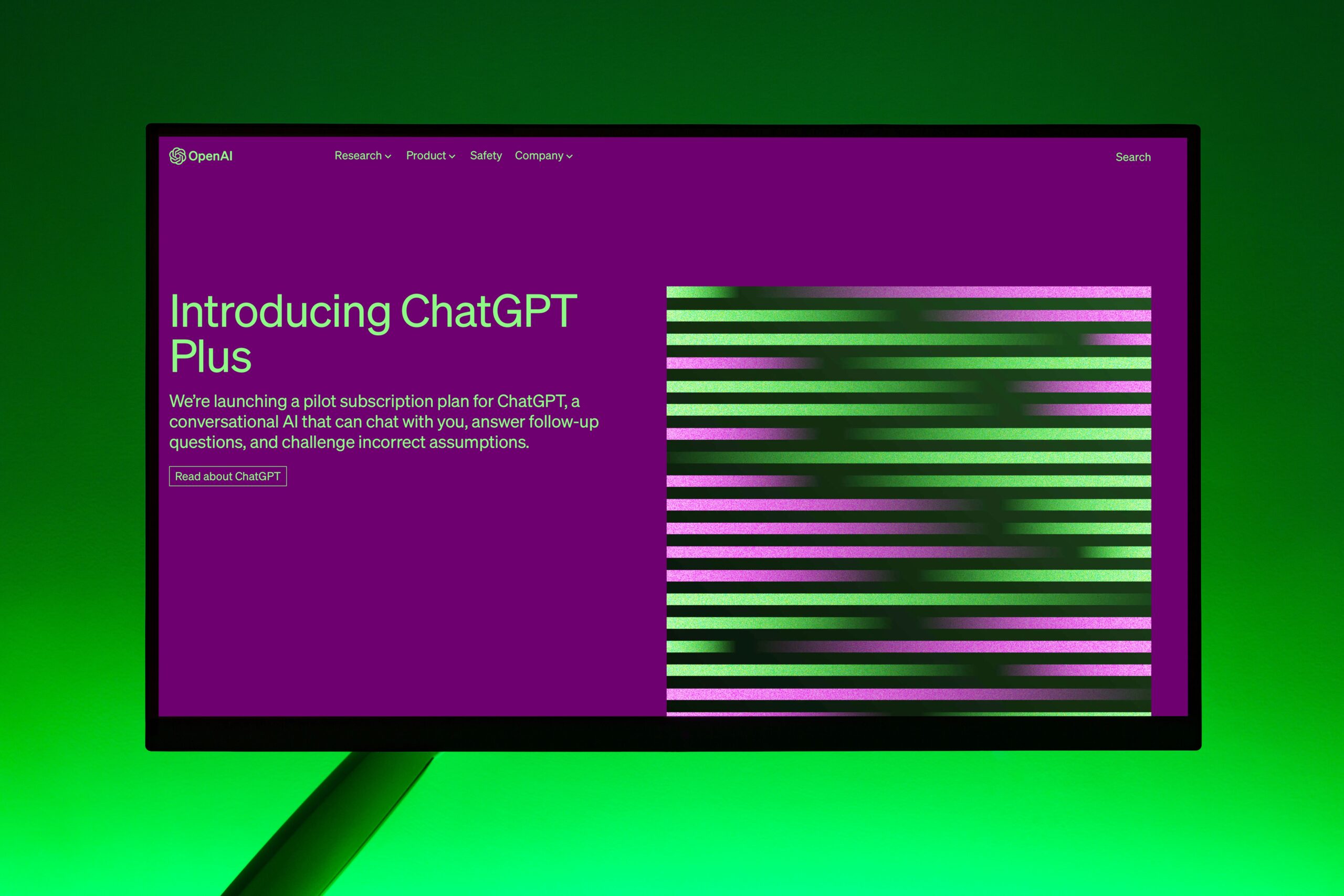The Best Open-Source Tools for Developers in 2025

Introduction
Open-source tools are free to use. Developers can modify them. They help build software faster.
This article lists the best open-source tools for coding, collaboration, and deployment in 2024.
1. What Are Open-Source Tools?
Open-source tools have public code. Anyone can use or improve them. Benefits:
✔ Free – No licensing costs
✔ Customizable – Change code as needed
✔ Community Support – Many users help solve problems
2. Best Open-Source Code Editors
🔹 Visual Studio Code (VS Code)
- Developed by: Microsoft
- Best for: All programming languages
- Key Features:
- Extensions for extra functionality
- Built-in Git support
- Debugging tools
🔹 Atom
- Developed by: GitHub
- Best for: Web development
- Key Features:
- Customizable interface
- GitHub integration
- Multiple panes for coding
🔹 Sublime Text
- Developed by: Sublime HQ
- Best for: Fast, lightweight editing
- Key Features:
- Quick file navigation
- Multiple selections
- Plugin support
3. Best Open-Source Version Control Tools
🔹 Git
- Developed by: Linus Torvalds
- Best for: Tracking code changes
- Key Features:
- Branching and merging
- Works offline
- Fast performance
🔹 GitHub
- Developed by: Microsoft
- Best for: Hosting Git repositories
- Key Features:
- Pull requests for collaboration
- Issue tracking
- Free for public projects
🔹 GitLab
- Developed by: GitLab Inc.
- Best for: DevOps pipelines
- Key Features:
- Built-in CI/CD
- Free private repositories
- Kubernetes integration
4. Best Open-Source Frameworks
🔹 React (Frontend)
- Developed by: Facebook
- Best for: Building user interfaces
- Key Features:
- Component-based architecture
- Virtual DOM for fast rendering
- Large community
🔹 Django (Backend)
- Developed by: Django Software Foundation
- Best for: Python web apps
- Key Features:
- Built-in admin panel
- ORM for databases
- High security
🔹 Flutter (Mobile)
- Developed by: Google
- Best for: Cross-platform apps
- Key Features:
- Single codebase for iOS/Android
- Hot reload for quick testing
- Widget-based UI
5. Best Open-Source Database Tools
🔹 PostgreSQL
- Type: Relational database
- Best for: Complex queries
- Key Features:
- ACID compliance
- JSON support
- Scalable
🔹 MongoDB
- Type: NoSQL database
- Best for: Flexible data
- Key Features:
- Document-based storage
- High performance
- Easy scaling
🔹 SQLite
- Type: Lightweight database
- Best for: Small apps
- Key Features:
- No server needed
- Zero configuration
- Fast for simple queries
6. Best Open-Source DevOps Tools
🔹 Docker
- Best for: Containerization
- Key Features:
- Isolate apps in containers
- Works on any OS
- Easy deployment
🔹 Kubernetes
- Best for: Managing containers
- Key Features:
- Auto-scaling
- Load balancing
- Self-healing
🔹 Jenkins
- Best for: CI/CD pipelines
- Key Features:
- Automate testing/deployment
- Many plugins
- Scheduled builds
7. Best Open-Source Testing Tools
🔹 Selenium
- Best for: Web testing
- Key Features:
- Automate browsers
- Supports multiple languages
- Cross-platform
🔹 JUnit
- Best for: Java testing
- Key Features:
- Simple annotations
- Fast test execution
- Integrates with IDEs
🔹 Postman
- Best for: API testing
- Key Features:
- Easy requests
- Automated tests
- Collaboration features
8. Best Open-Source AI/ML Tools
🔹 TensorFlow
- Developed by: Google
- Best for: Deep learning
- Key Features:
- Neural network support
- Python-based
- Mobile deployment
🔹 PyTorch
- Developed by: Facebook
- Best for: Research
- Key Features:
- Dynamic computation
- GPU acceleration
- Easy debugging
🔹 Scikit-learn
- Best for: Machine learning
- Key Features:
- Simple algorithms
- Data preprocessing
- Model evaluation
9. How to Choose the Right Tools?
Consider:
✔ Project needs (web, mobile, data, etc.)
✔ Language support (Python, JavaScript, etc.)
✔ Community size (more users = more help)
✔ Updates (active projects are better)
10. Future of Open-Source Tools
Trends:
- More AI integration
- Better security
- Cloud-native tools
Conclusion
Open-source tools save money and time. The best ones depend on your project.
Try VS Code for editing, Git for version control, and Docker for deployment.
What’s your favorite open-source tool? Share below!




